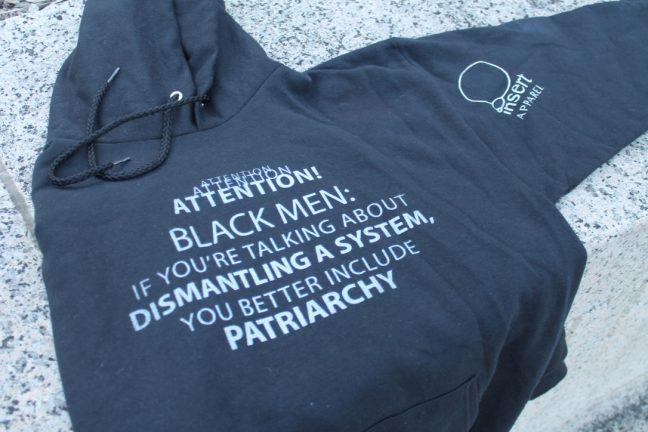Nearly a decade ago, Kaleem Caire, former president and CEO at the Urban League of Greater Madison, introduced a proposal for a publicly funded all-male school for boys of color in the city of Madison.
At the time, the proposal was received warmly across the political spectrum. Republicans approved of it because it reduced state control over local schools and Democrats were pleased it allowed the possibility for black and white students to have equal opportunity to thrive.
But ultimately, the proposal never passed.
While this proposal was meant to further the advancement of black males, it ultimately ignored their female counterparts — creating an anti-feminist sentiment in the black community, said Keisha Lindsay, a gender and women’s studies assistant professor at the University of Wisconsin.
At a lecture event entitled “Toward a New Feminist Politics of Experience: The Case of All-Black Male Schools,” Lindsay addressed the two main schools of thought regarding the effectiveness of articulating the terms of a group’s oppression.
When a group articulates how it has experienced oppression, it motivates them to fight oppression, Lindsay said. For example, when women talk about the unpaid labor they produce in the workforce and at home, it motivates them to fight for equal pay, she said.
The other school of thought states your experience is mired in the discourse of the dominating group and can actually further systems of oppressions — like in the case for an all-male school for boys of color who inadvertently rejected girls, she added.
“Social groups often resist their subordination according to the same conservative, anti-progressive agendas that oppress them,” Lindsay said.
Through this lens, Lindsay said one can understand how all-black male schools fall victim to this reality.
Proponents of the all-black male school say they can’t learn because the teachers are too feminine and won’t listen to them, Lindsay said. At the same time, the predominantly female teaching core is not geared to understand the plight of black males, she added.
Thus, while they try to become anti-racist in furthering the advancement for boys of color, they can fall victim to anti-feminist sentiments because they challenge modern disciplinary tactics and do so in a way that is patriarchal.
Though many people become pessimistic when understanding how the subjugated often reinforce systematic structures of oppression, Lindsay said she is optimistic about the future.
Educational advocacy, she said, is most successful when public schools foster all black people’s capacity for self-determination in the face of intersecting race- and gender-based oppression. Likewise, she added it must enable black students to be able to identify what their own education looks like.
“Black male supporters of all-black male schools are best positioned to meet most of the anti-racist benefits without falling victim to all of the anti-feminist claims so long as they emphasize the importance of schools while criticizing the quality available to black children,” Lindsay said.


